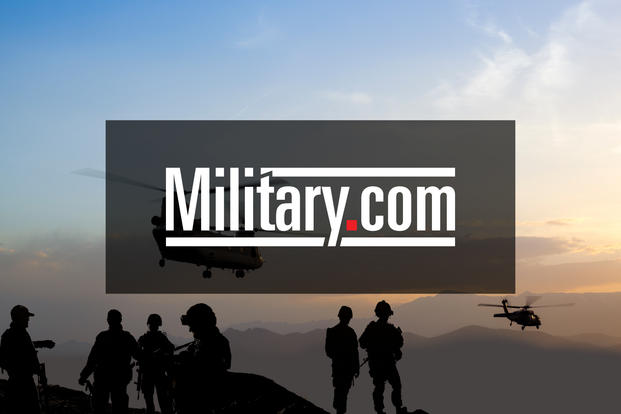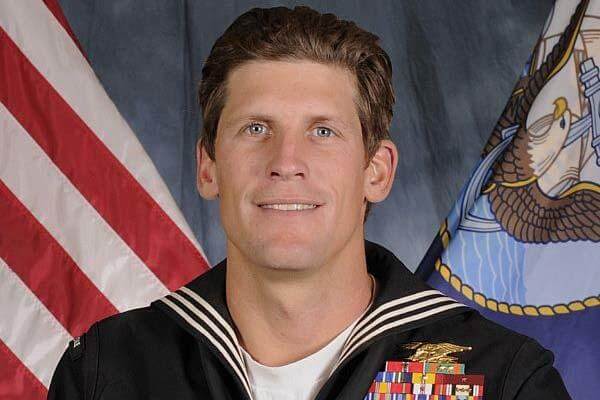The U.S. Defense Department is reviewing force protection measures for U.S. troops moving forward with local forces in Iraq following the "surprise" ISIS counter-attack north of Mosul in which Navy SEAL Charles Keating IV was killed, the Pentagon's spokesman said Thursday.
Pentagon Press Secretary Peter Cook said "hard questions" had to be asked on why U.S. intelligence and surveillance failed to detect the Islamic State in Iraq and Syria, or ISIS, massing fighters and vehicles for an assault that broke through the front lines of the Kurdish Peshmerga the town of Teleskof, also called Tel Skuf, where Keating was fatally wounded in a firefight.
Defense Secretary Ashton Carter said Wednesday that the ISIS attack was a "surprise" to U.S and Kurdish forces.
"Perhaps this could have been avoided," Cook said. "That's something that we're looking at carefully. They did not anticipate this particular kind of strike, the kind of force that was brought to bear" by the attackers, he said.
Force protection "is something that's constantly being re-assessed -- that requires hard questions," Cook said. The death of the 31-year-old Keating was a "tragic reminder" of the dangers faced by U.S. and coalition troops, and "of course we'll be re-assessing force protection going forward," he said.
A U.S. advise and assist team was in Teleskof at the time of the attack to help the Kurds and allied Christian militias in the ongoing efforts to seal off the ISIS stronghold of Mosul from the north. Keating was part of a Quick Reaction Force nearby that came to extract the advise and assist team and quickly became engaged in a firefight with the ISIS attackers. He was the only U.S. casualty.
In a briefing to the Pentagon from Baghdad on Wednesday, Army Col. Steve Warren said that prior to the attack, "the enemy was able to very covertly assemble enough force, which included the several truck bombs, some bulldozers, and of course their infantry" which was estimated by the Kurds to number more than 400 fighters.
Warren, spokesman for Combined Joint Task Force-Operation Inherent Resolve in Baghdad, said it was "difficult to know" how ISIS assembled the attack force without being detected. "Well, if we knew that, we would have detected them and spoiled their attack, wouldn't we? Obviously, they were able to amass this force," he said.
"So clearly, they were able to, overtime, infiltrate individuals and vehicles, one or two at a time presumably and then be able to dash out of there, you know, under the cover of darkness on Tuesday morning," Warren said.
The end result was a "failed attack," he said, as U.S. warplanes carried out 31 airstrikes to beat back the attacking force and kill an estimated 58 of the enemy.
"So, it was a failed attack but certainly, they were able to marshal and deploy a force that surprised the Peshmerga forces that were on the FLOT," Warren said, referring to the forward line of troops.
Keating's death was the third combat death for U.S. troops in Iraq, and Carter has repeatedly warned of the increasing risk for U.S. troops in what he has called the "accelerated" campaign against ISIS with the focus on retaking Mosul and Raqaa, the ISIS capital in Syria.
President Barack Obama recently approved Carter's request to deploy an additional 217 U.S. troops into Iraq and another 250 Special Forces advisers into Syria to bolster the 50 advisers already there.
Carter has also said that U.S. advise and assist teams would now be moving closer to the front lines with the Iraqi Security Forces at the battalion rather than the division level.
-- Richard Sisk can be reached at Richard.Sisk@Military.com.




























